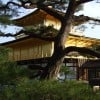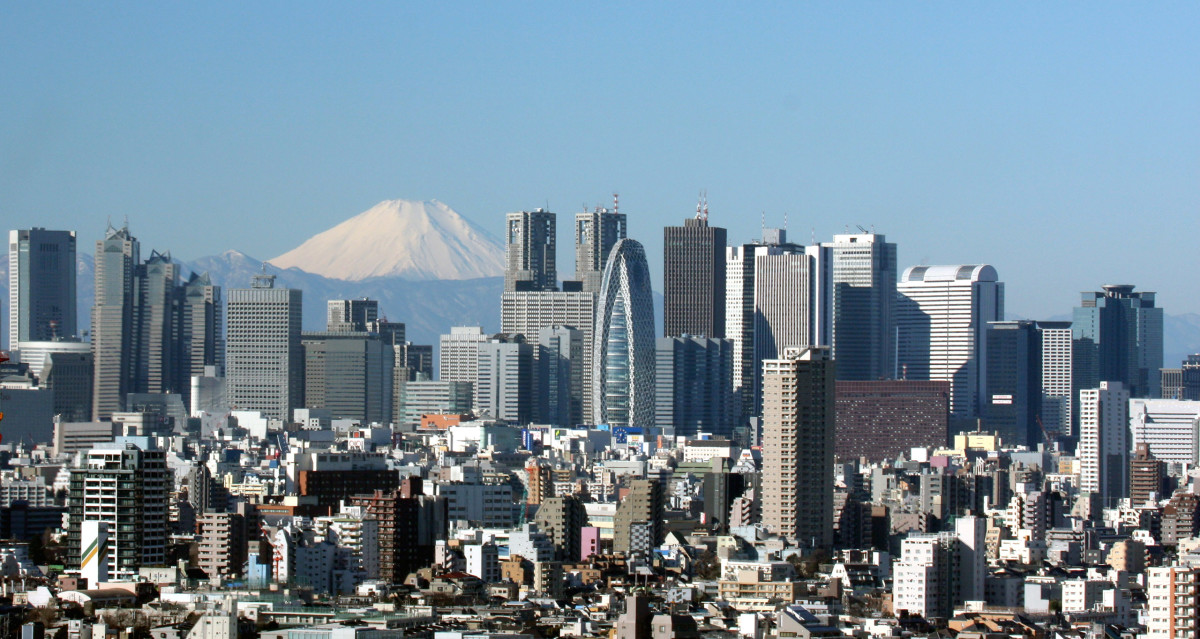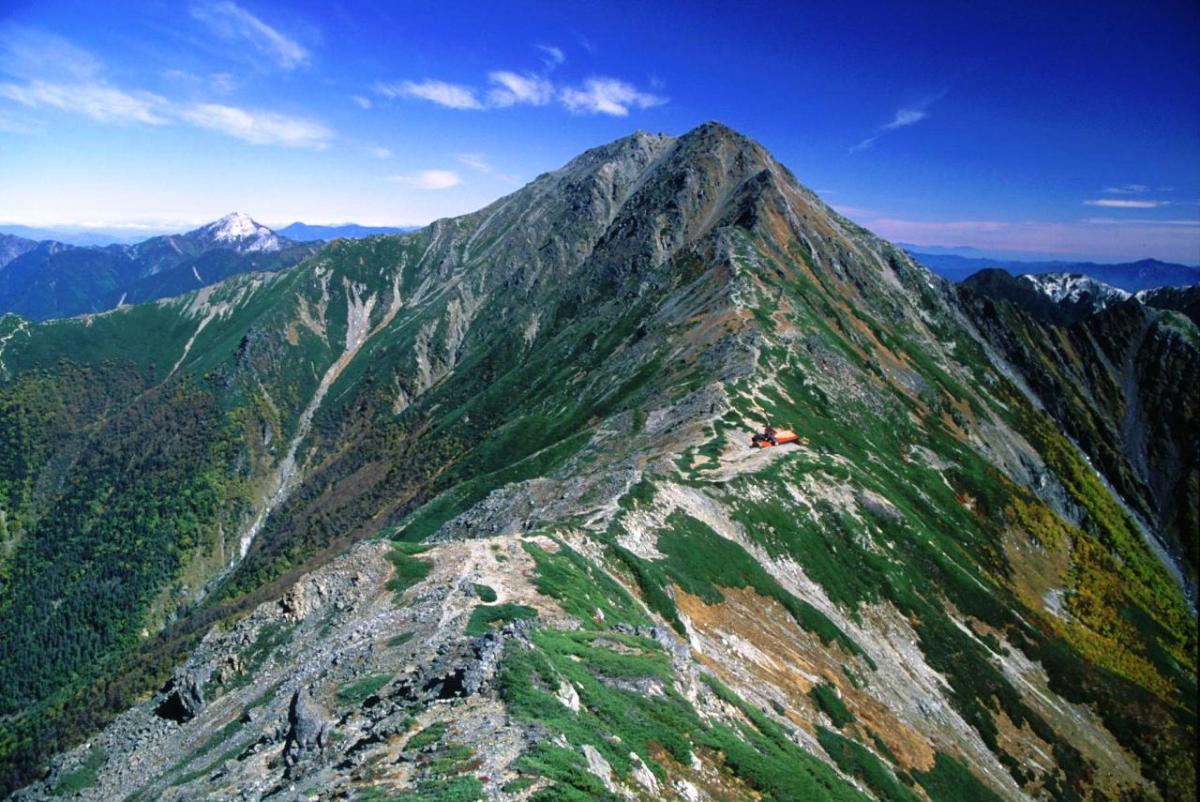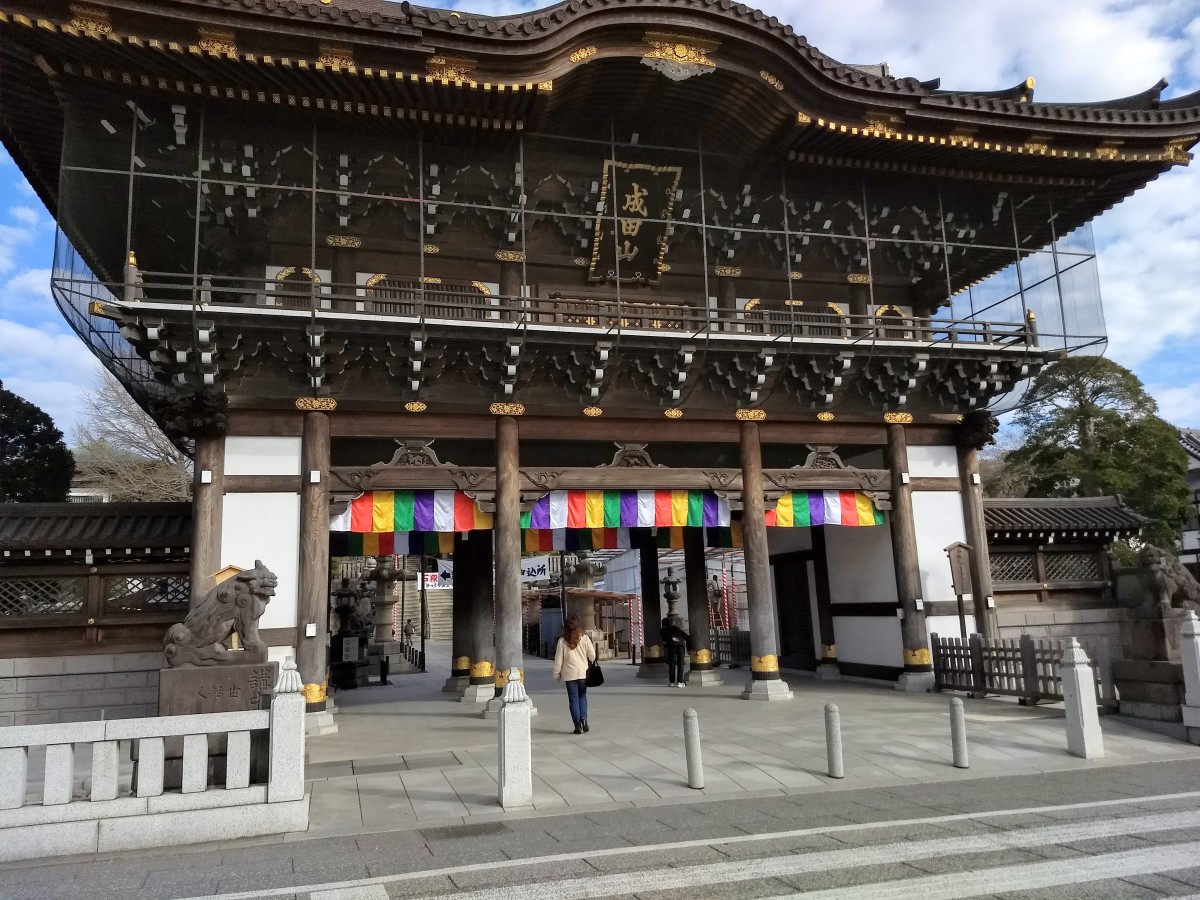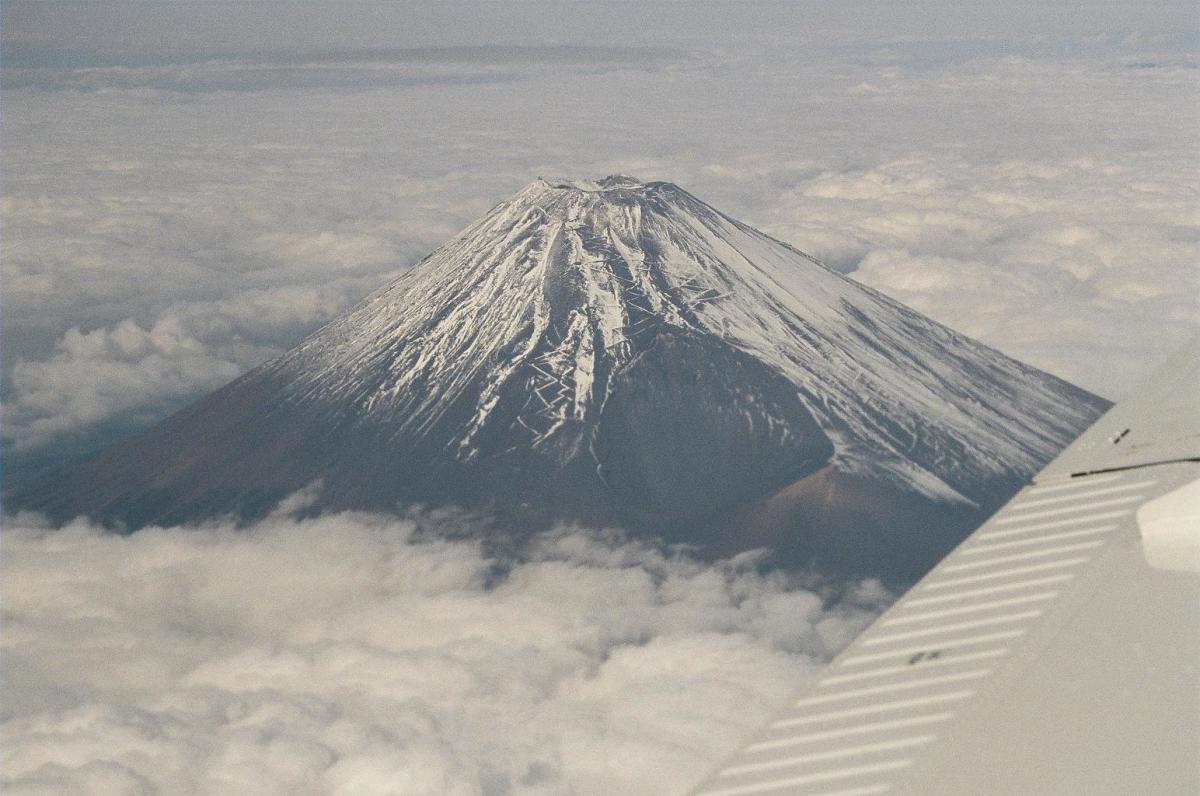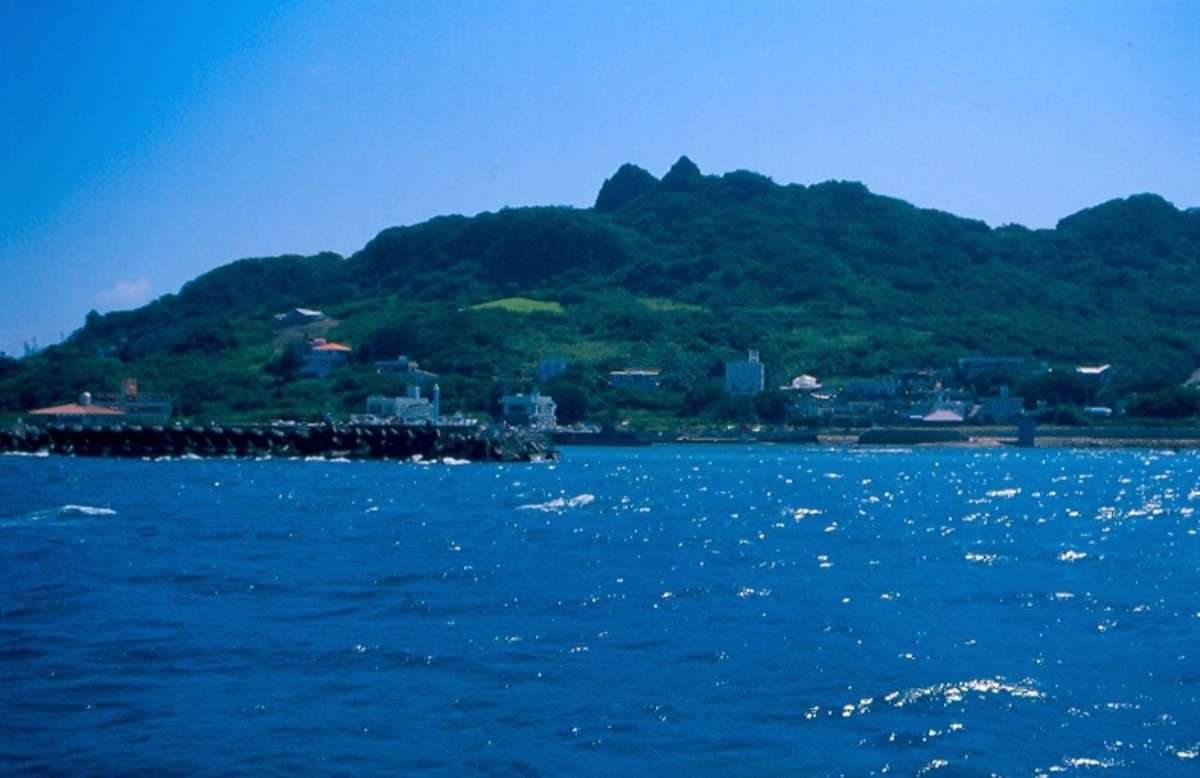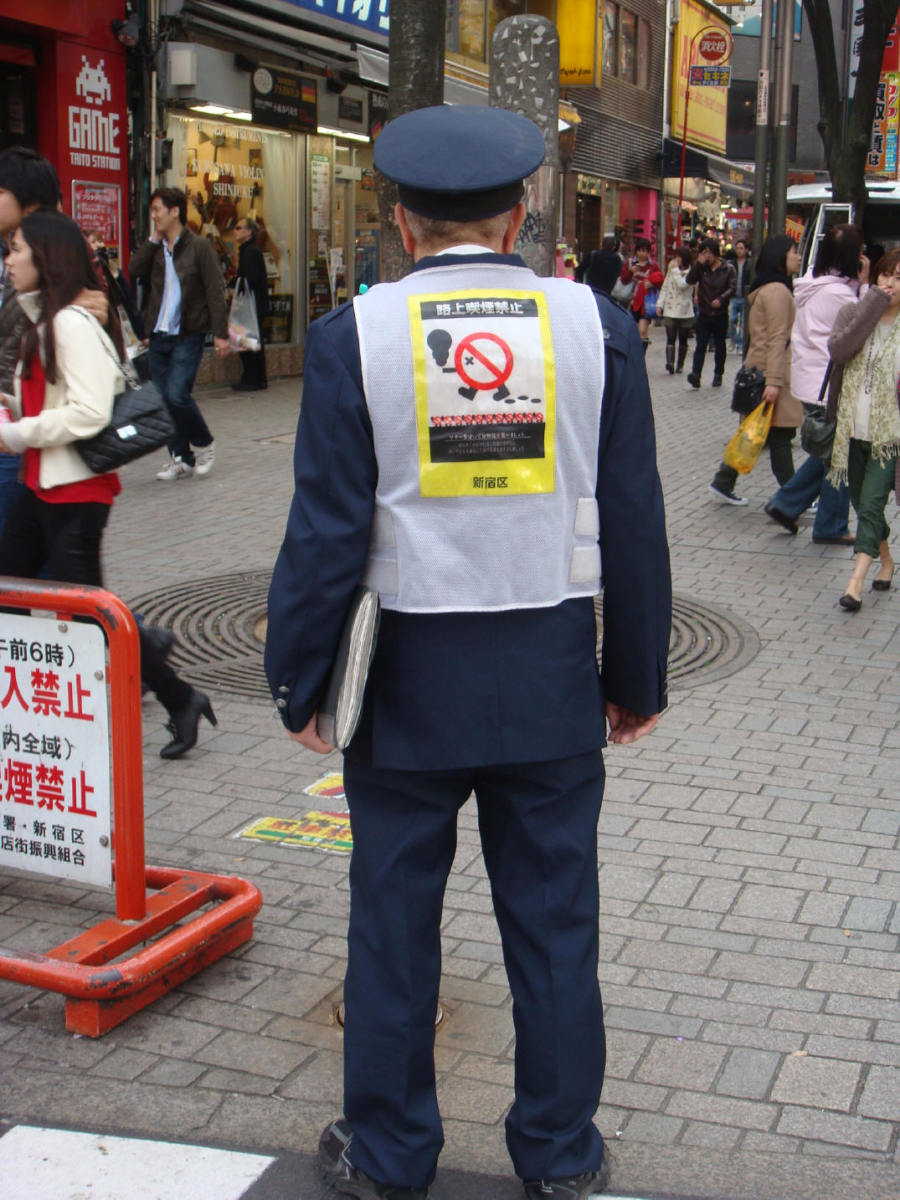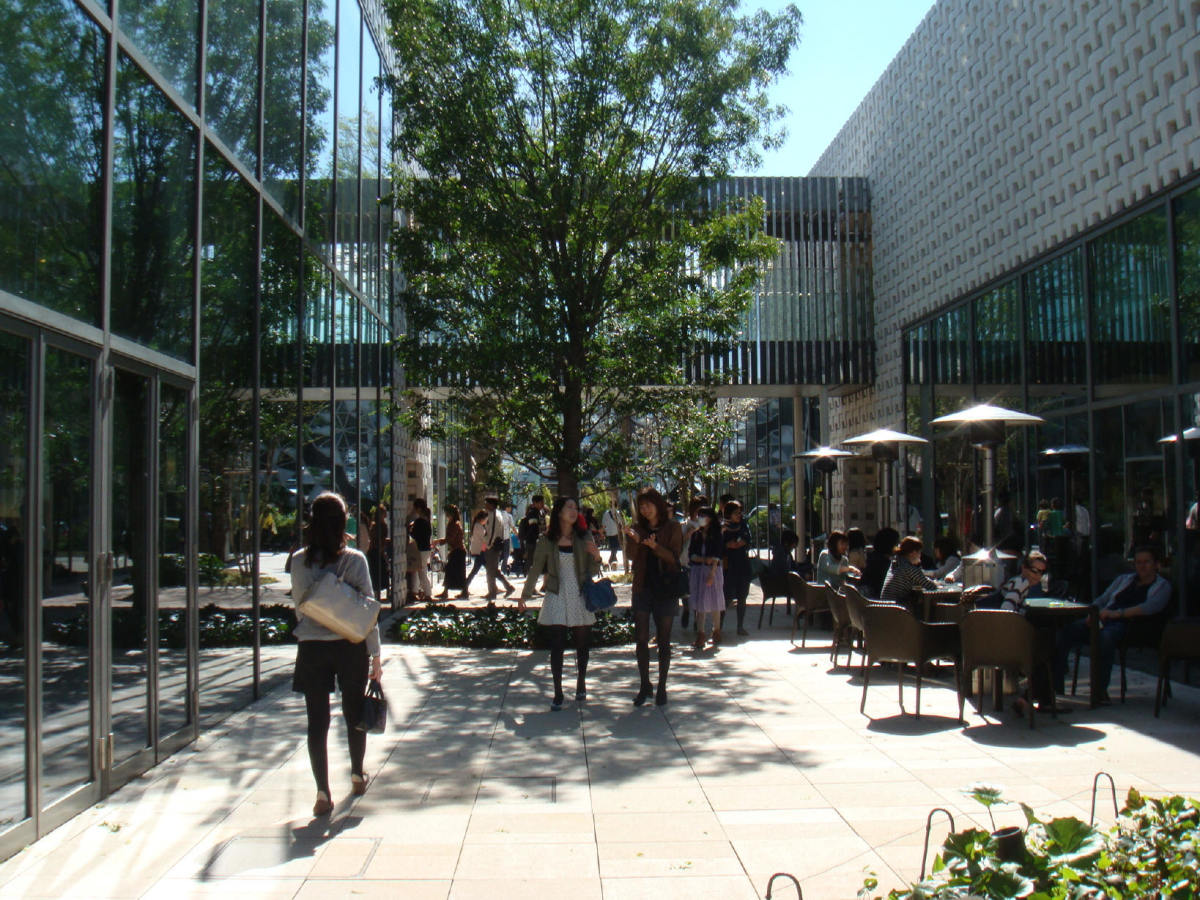- HubPages»
- Travel and Places»
- Visiting Asia»
- Eastern Asia
Tokyo Osaka; Choosing between Japan's Biggest Rival Cities
Lots of people coming to Japan, especially to teach with a big language school, may need to state a preference between the country's largest urban areas. Tourists may also have to choose between Kanto, with the glitz and glamor of Tokyo at its center - and Kansai, with Osaka, Kobe, Kyoto and Nara as its contrasting yet complementary attractions. Here is some information about Tokyo and Osaka, and their surrounding areas, to help you make up your mind.
If you're coming here to teach then please check out my hub on teaching in Japan. You'll need to set up a bank account so I've written about this too. For some light relief, please check out my post about Japanese etiquette - the things you CAN get away with.
From Tokyo to Osaka
Anyone who is considering visiting either Osaka or Tokyo should keep in mind that, due to wonderful Japanese transport, they are extremely accessible to each other. You can visit Osaka from Tokyo and return in a single day (or vice versa of course!). By bullet train it should take you between two and a half and three hours, depending on the service you use. It will cost about 12,000 yen if you do it this way. Check out times and prices here. If you are coming to Japan as a tourist and want to use the bullet train then buy a Japan rail pass. It could save you money many times over.
There is also an overnight bus that will save you a lot of money but it is, after all a bus that travels overnight so don't expect a great night's sleep. Their website is straightforward and, most importantly, all in English.
Comparing Tokyo and Osaka; chalk and cheese?
Tokyo and especially Osaka define themselves largely in opposition to each other. Their key attractions and landmarks all seem to have their direct counterparts in each city: Tokyo has Disneyland while Osaka has Universal Studios Japan; Tokyo has Tokyo Tower while Osaka boasts the Umeda Sky Building; Tokyo has Akihabara, its electronics shopping district, while Osaka has Den Den Town.
Meanwhile, the residents of each city consider the habits and personalities to be a case of very hard, crumbly chalk and extremely soft, gloopy cheese. According to the stereotype, Osakans are laid-back yet obsessed with making money. People from Tokyo are a little uptight but more socially refined. Osaka's folk are loud and overbearing, yet funny (Osaka produces most of the country's "comedians" - you'll forgive the inverted commas if you've been here a while). Tokyo's on the other hand are earnest, polite and capable of keeping their mouths shut on the subway. The fast lane on Osaka's escalators is on the left, while in Tokyo it's on the right. Tokyo's miso soup is thick and salty, when compared with Osaka's which is thin and weak-tasting. Most generally, Tokyo is shiny and striking, while Osaka is dirty and downright dangerous.
So much for the stereotypes. In reality, generally people from Osaka may well be louder than those from Tokyo, but for ANY westerner visiting EITHER city, you will be struck by the near total silence observed on public transport and in elevators. Even the midnight trains leaving Namba, Osaka's nightlife hub, on Friday night are places of relative serenity.
Likewise, Osaka is apparently one of the most dangerous cities in Japan, but the most dangerous parts of Osaka are far safer than the classiest suburbs of almost any western city. I moved to Nishinari-ku in Osaka (apparently it's most dangerous district) from the county of Devon in England, which has one of the lowest crime rates in the UK. I assure you that Nishinari is infinitely safer, and would probably go so far as to say that the sketchiest areas of Osaka are still better places to be at night than the safest parts of England. Streetbound crime, especially violent crime, simply isn't a regular feature of life here.
So, what are some differences you can expect? Tokyo is more expensive than Osaka in most ways. Apartments, hotels and food usually cost more, for example. On the other hand, the subway and private rail network is cheaper in Tokyo. The difference probably won't add up to a great deal, however, since if you are coming here to work then your company will by and large pay for your transport expenses. Also, if you make use of the day passes and other coupon tickets then the difference shrinks even more. A one-day pass on the Tokyo metro costs 750 yen. A pass that covers the Toei lines as well costs 1000 yen. In Osaka a one day subway and bus pass costs 850 yen, which is reduced to 600 yen on Fridays and referred to brilliantly as a "No My Car Day" pass.
Tokyo is much larger than Osaka, with around 12 million people compared to Osaka's two to three million nighttime population. Tokyo sits in the world's largest metropolitan area, with over 30 million inhabitants, while Kansai, which includes Osaka, Kobe, Kyoto, Nara and Wakayama, contains a paltry 16 million people and has to make do with being the world's sixth biggest. See how they compare here.
Again, to the foreigner from most western countries, both urban districts appear enormous, and there is more to each great conurbation than could ever be fully explored by an individual. I have never heard another person living or visiting Kansai tell me that he or she wishes there were another 14 million people to make the place feel less lonely. There is so much to do in Osaka (check out 10 awesome examples), that its smaller population - relative to Tokyo - will feel irrelevant.
In conclusion, both cities are modern urban playgrounds that both deserve a lengthy visit. (Both have also have enough love hotels to satisfy any appetite so please check out my guide.) Commentators often wax lyrical about Tokyo, and Osaka is often either just mentioned in passing or completely ignored in guide books. While Tokyo is staggering in its size and grandeur, I humbly submit that Osaka is a better place to base yourself. While Tokyo is an easy reach of Mount Fuji, it cannot boast a 45 minute to one hour journey time to the beautiful ancient capitals of Kyoto and Nara (just on a regular train), or the fresh air and cosmopolitan charm of Kobe. Kansai captures the wonderful contrasts that draw people to Japan, in the most conviently constructed microcosm you could wish for.
